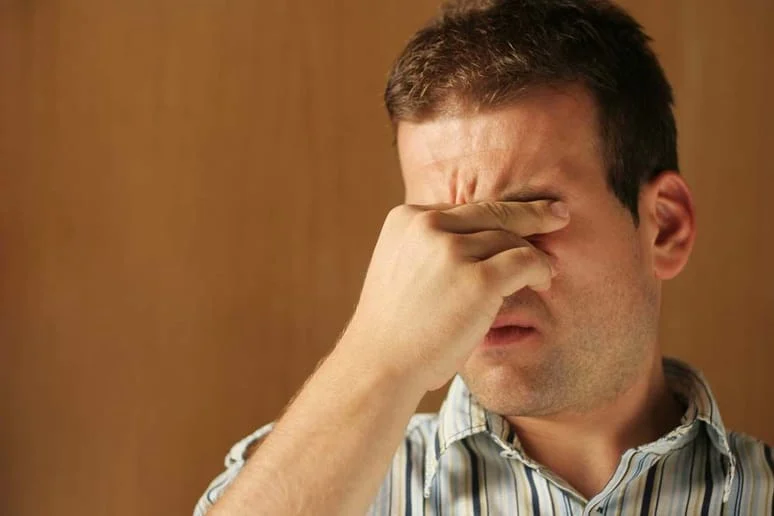FAQs About Dry Eyes
Dry eyes can be caused by many different reasons and can be treated fairly easily. Your optometrist at iCare4Vision in Wheaton, IL, can help you figure out if dry eyes are plaguing you and how to treat dry eyes, as well as addressing frequently asked questions about dry eyes.
What is Dry Eye Syndrome?
Dry eye syndrome is when a person doesn’t produce enough tears in order to lubricate and nourish the eye, or when the tears produced are of poor quality. Tears are produced by several glands in and around the eyelids and are made up of three layers: oil, water, and mucus. The most common form of dry eyes is when the water layer of the tears is inadequate, and that is known as Dry Eye Syndrome. Dry eyes may cause irritation or burning eyes, feeling like there is something in your eye, excess watering, and blurred vision.
What Causes Dry Eyes?
There are many different factors that can cause dry eyes, including:
- Age
- Gender (This primarily affects women)
- Medications
- Medical Conditions (rheumatoid arthritis, diabetes, and thyroid problems)
- Environmental Conditions (smoke, wind, and dry climates)
- Prolonged Computer Use
How Are Dry Eyes Diagnosed?
Dry eyes can be diagnosed through a comprehensive eye exam, also known as the Schirmer’s Test. Your doctor will ask you to remove either your contact lenses or glasses, and most likely will place numbing drops into your eyes. These drops are to prevent your eyes from watering during the test. Your doctor may gently pull your bottom eyelid to place a special strip of paper underneath the lid. You will keep your eyes shut for about five minutes, after which your doctor will measure the amount of moisture on each strip.
There is an alternative test to the Schirmer’s Test, known as a red thread test. In the red thread test, your doctor will replace the strip of paper with a red thread. Depending on the results of either test, your doctor will be able to diagnose whether you have dry eye syndrome or dry eyes as a result of something else.
How Are Dry Eyes Treated?
Primarily, your optometrist will most likely prescribe you to use over-the-counter artificial tear solutions, conserving tears by blocking the tear ducts, increasing tear production, and treating the inflammation of eyelids.
There are steps you can take at home to help reduce dry eye symptoms as well, such as:
- Blinking regularly while reading or staring at computer screens
- Increase the humidity in the air at work or at home
- Wear sunglasses outdoors to reduce exposure to winds and sunlight
- Nutritional supplements containing fatty acids
- Drink plenty of water
See Your Doctor Today!
If any of the symptoms apply to you, make sure to call your optometrist in Wheaton, IL, to schedule an appointment or ask any questions today!

